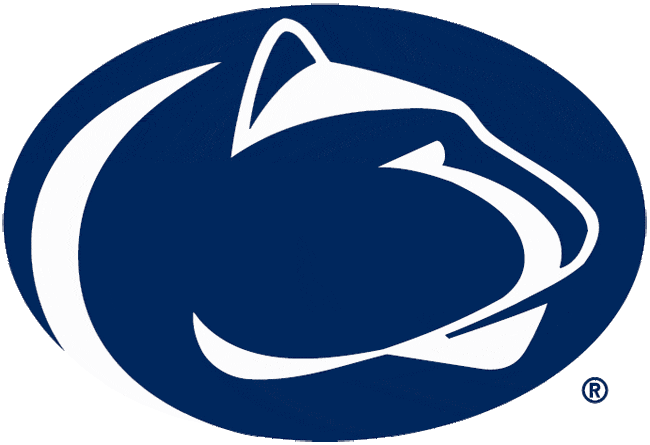 It was announced on February 15th that the upcoming Penn State men’s and women’s D-I hockey programs were given another sizable donation to help get them off the ground. Paul Silvis, and his wife Nancy, proudly gave $1 million to help with a campaign that is set to launch a team in the 2012-2013 NCAA season. While the amount isn’t nearly as much as the Pegula family contributed (a sweet $88 million), the money will surely help the new hockey teams become competitive almost immediately.
It was announced on February 15th that the upcoming Penn State men’s and women’s D-I hockey programs were given another sizable donation to help get them off the ground. Paul Silvis, and his wife Nancy, proudly gave $1 million to help with a campaign that is set to launch a team in the 2012-2013 NCAA season. While the amount isn’t nearly as much as the Pegula family contributed (a sweet $88 million), the money will surely help the new hockey teams become competitive almost immediately.
Now with the announced total of nearly $90 million already in the bank, one has to wonder, what exactly does it take for a school to get a respectable and instantly competitive D-I hockey program off the ground? I thought I would take a look to see some of the areas that these two donations will be spent on.
- Coach Salary – Since the mid-1990s, the NCAA has been prohibited from setting a coach’s salary. For a team that will likely compete against other Big 10 schools, Penn State will likely shell out somewhere between $200-$350k per year for a successful D-I head coach. For a low-end round number, we’ll use $225k per year, plus assistants at $125k each. Bringing our coaching total to $475,000 per year.
- Equipment – As a former equipment manager for a D-I program that competed in a very competitive NCAA hockey league, I can say that this budget will usually total anywhere from $50k per year to over $150k per year. We’ll use $125,000 as our estimate.
- Facilities – While the precise spending calculation in building an new arena is left up to the school, even the NCAA has characterized some of facilities as “extravagant.” Despite this, one equation is usually clear: extravagant facilities get great players to come play, great players equals a better team, and a better team equals more fans wanting to pay to enter. Penn State will certainly go over the top in many areas by NCAA standards, but how often do you get to build a new arena anyway? For the sake of round numbers, we’ll use the approximation of a Pennsylvania newspaper of $70 million (the paper estimated between $60 and $80 million). When you amortize that over the life of an arena, for say 30 years, that is roughly $2.3 million per year.
- Scholarships – Each NCAA D-I hockey team may offer 18 scholarships, which range from a full-scholarship covering costs for all four years to a variety of partial scholarships. Thanks to the handy calculator on Penn State’s website, I was able to calculate the cost for a non-Pennsylvania resident that will attend the business school in pursuit of a Bachelor’s degree while living on campus, which comes out to $38, 352. For the sake of round numbers, we’ll use $38k, when multiplied times 18, that is roughly $684,00o per year in scholarships.
- Recruiting – Can you really put a price tag on recruiting the best players in the country, and sometimes the world, to play for a new D-I hockey program? We will. That price will be $60,000, based on this great chart budget already prepared by the University of Minnesota-Moorhead, when it proposed D-I hockey in 2008-2009.
That all adds up to a grand total of $3,644,000 per year. When you add on the cost of a women’s program of $2.4 million per year, which I got taking the cost of the men’s program divided by 1.5 (a ratio I determined using the Moorhead summary above), that brings the total to roughly $6 million per season, or roughly $3.5 million less than what Alex Ovechkin makes in a single season. The Moorhead estimate was closer to $2.5 million per year, but that included a substantially cheaper arena (closer to $27 million) as well as using different tuition costs. I also left out several other costs that Moorhead included in its estimate, such as advertising, team travel (a big cost), and other athletic department supporting positions that would need to be created.
That means, barring no return on Pegula’s donation to the program as well as no other income from the teams, Penn State will be set financially for roughly 14.5 years to operate its hockey program.
It will certainly be exciting and interesting to watch this young team come together as Penn State Hockey’s coaching staff will likely be announced within the next six months in order to get a start on the recruitment process. For the other schools, such as Illinois and Indiana, looking to join what will almost certainly be called the Big 10 college hockey league, the bar has just been set.